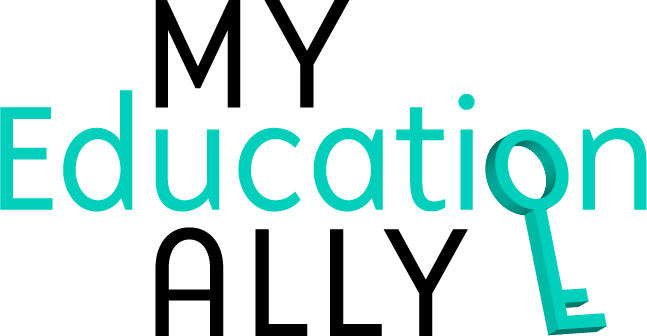What is Dygraphia?
Dysgraphia is a specific learning disorder characterized by difficulties with writing skills. It affects a person's ability to write legibly and efficiently, as well as their spelling and written expression. Dysgraphia is not related to intelligence or physical ability, but rather involves challenges with motor coordination, spatial planning, and processing written language.Individuals with dysgraphia may have difficulty with various aspects of writing, including:
> Forming letters and numbers: They may struggle to produce clear and consistent letter formations, leading to illegible handwriting.
> Spelling: Dysgraphia can impact a person's ability to spell words accurately, resulting in frequent spelling errors and difficulty with phonetic spelling.
> Organizing ideas: Writing tasks may be challenging due to difficulties with organizing thoughts and ideas coherently on paper.
> Handwriting speed and fluency: Dysgraphia can cause slow and laborious writing, as well as difficulties with maintaining consistent spacing and letter size.
> Fine motor skills: Individuals with dysgraphia may have poor fine motor coordination, which can affect their ability to hold a pencil or pen, manipulate writing tools, and control hand movements.

